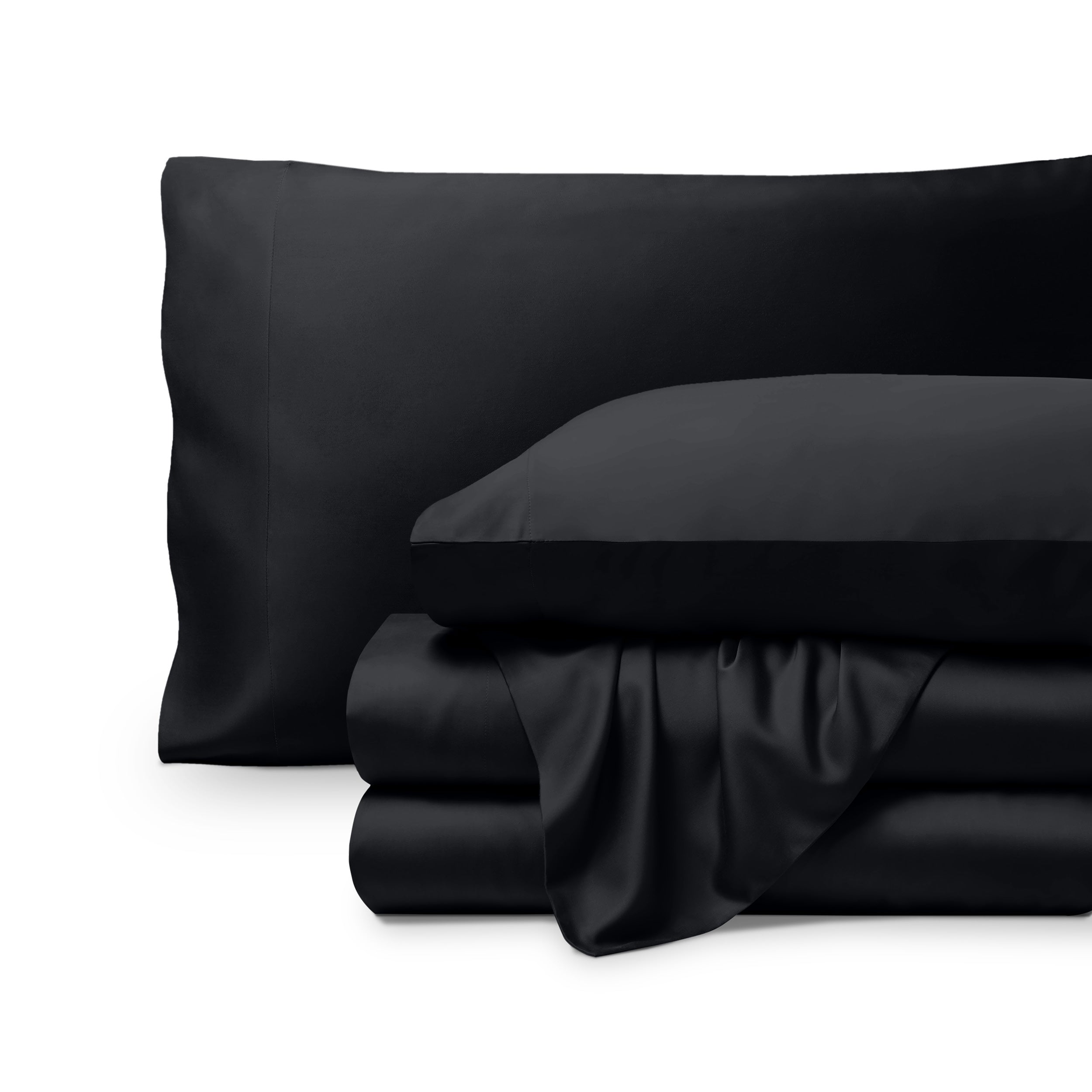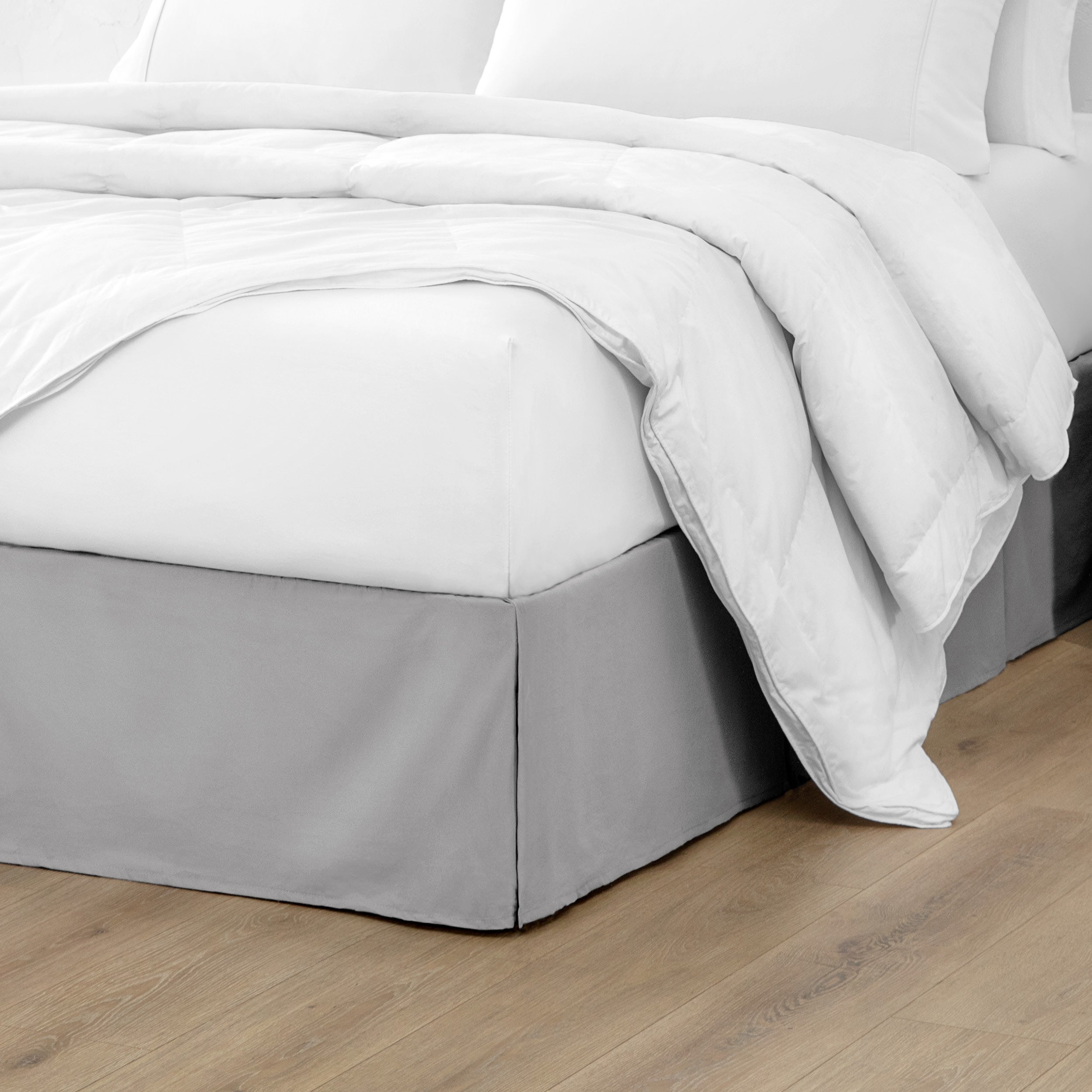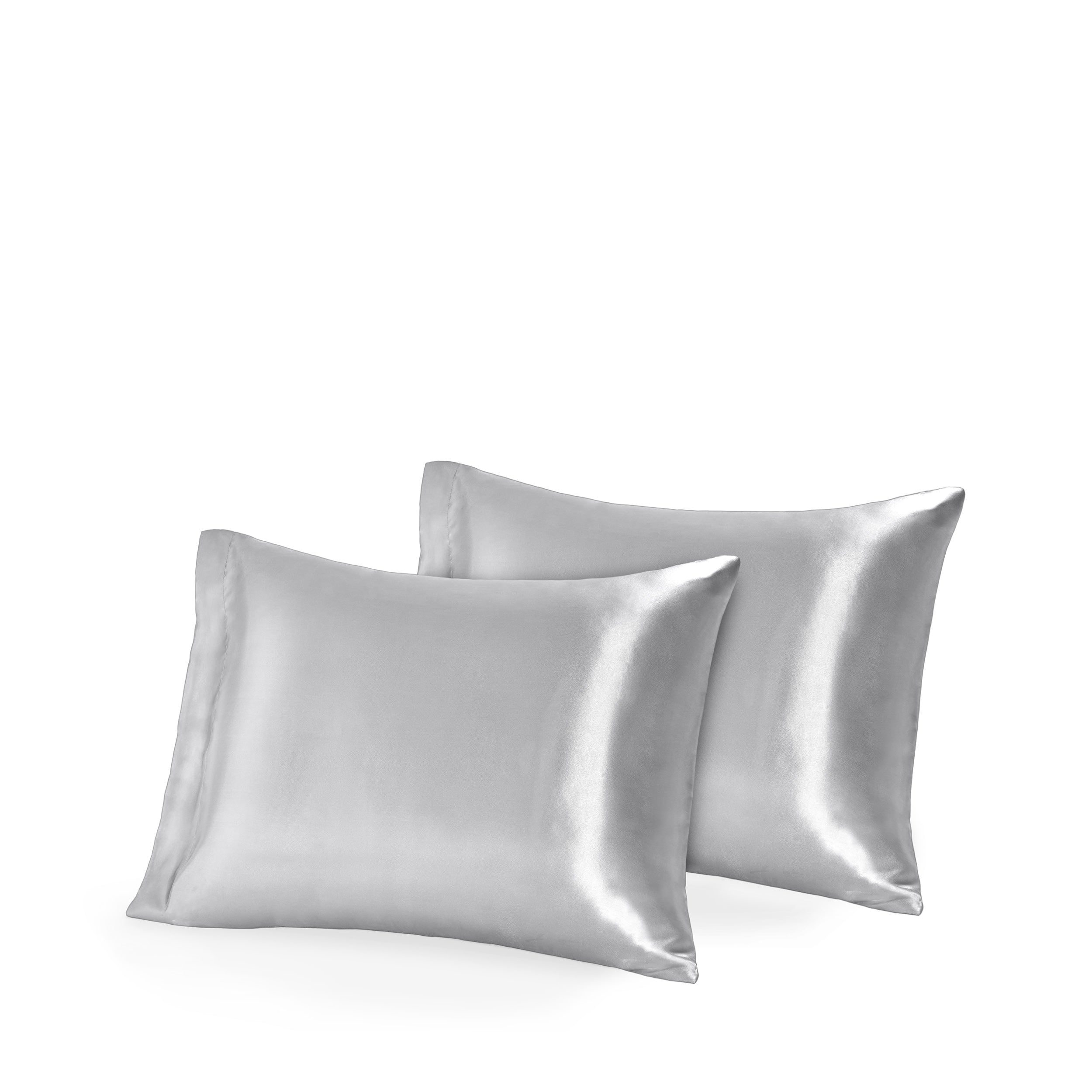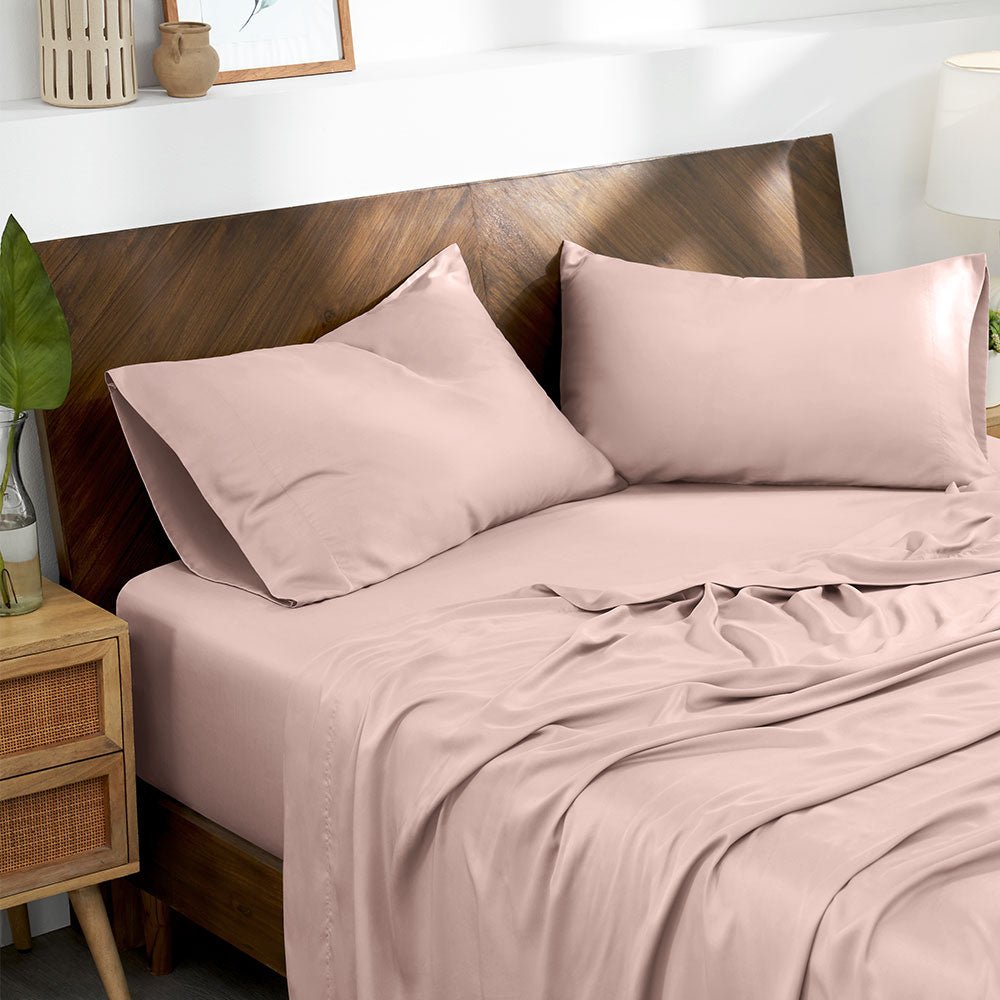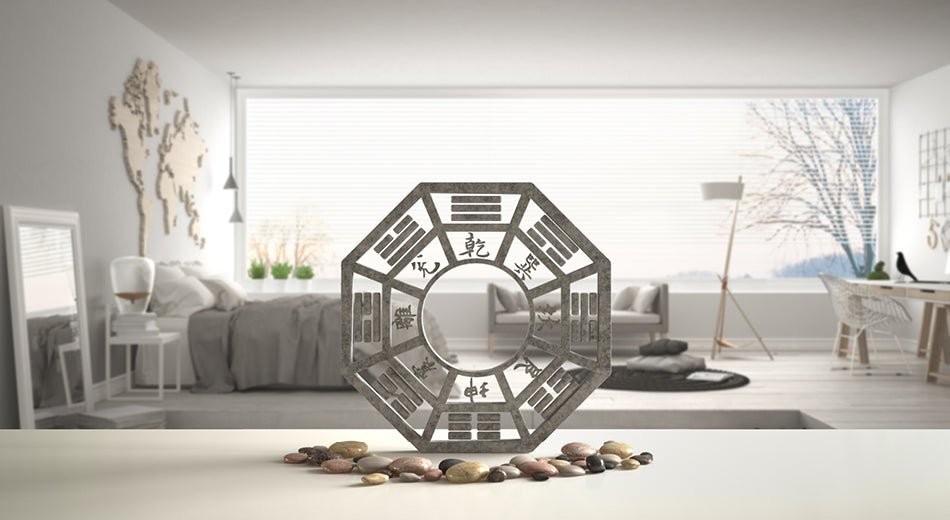If you're looking to change up the energy in your bedroom, why not try incorporating some Feng Shui principles? According to ancient Chinese philosophy, the placement and arrangement of objects in your bedroom can promote a sense of peace and tranquility, as well as good health and sleep.
While hiring a Feng Shui consultant is always an option, there are several things you can do over a weekend to create balance in your space. If you're ready to create a sleeping sanctuary that's both beautiful and functional, keep reading for some tips on how to Feng Shui your bedroom!

The Basics of Good Feng Shui
Feng Shui is an ancient Chinese practice that seeks to create harmony between people and their surroundings. The basic idea is that everything in the universe is connected and that the flow of life force energy, or "chi", can be impacted by the placement of objects. Feng Shui practitioners believe that by aligning objects in a certain way, it is possible to encourage the chi to flow in a positive direction, promoting health, wealth, and happiness.
There are many different schools of Feng Shui, but all of them place importance on the four elements: earth, water, fire, and wind. By balancing these elements within a space, it is possible to create a sense of harmony. While Feng Shui is not scientific, many people find that it provides them with a sense of peace and well-being. For those seeking to improve their lives, Feng Shui can be an excellent place to start.

How to Apply Feng Shui Principles to Your Bedroom
When it comes to the bedroom, Feng Shui practitioners believe that certain design elements can promote restful sleep and encourage positive energy flow. Here are a few basic bedroom Feng Shui tips:
- First, consider the color of your walls. Soft, muted colors are thought to cultivate harmony. If you want to add a pop of color, consider using accents in shades of blue or green, which are associated with peace and harmony.
- Second, take a look at the furniture in your bedroom. Placing your bed in the "command position" (with a clear view of the door) is thought to promote feelings of safety and security. You should also avoid putting your bed directly under a window, as this can let in too much yang energy and make it difficult to sleep
- Finally, take a moment to declutter your space. Clutter can block the flow of energy and make it difficult to relax. Spend some time getting rid of anything that you don't need or use regularly.
By following these simple Feng Shui tips, you can create a bedroom environment that is more conducive to restful sleep. Let's look at each of these in more detail below.

Bed Placement and Energy Flow
When it comes to arranging furniture in a bedroom, many people turn to feng shui for guidance. According to the principles of feng shui, the placement of furniture can have a profound effect on the flow of energy in a room. By carefully considering the location of each piece of furniture, you can create a space that promotes relaxation and positive energy flow.
For example, to encourage a restful night's sleep, it is important to place the bed in a position that allows for a clear view of the bedroom door. This allows you to feel safe and secure while you are sleeping and prevents any negative energy from entering the room. In addition, beds should also be placed against a solid wall, not in front of a window, as this can disrupt the flow of energy and lead to feelings of restlessness.
Other pieces of furniture should be arranged in a way that allows for easy movement around the room. There should also be enough open space to allow for a sense of tranquility. Mirrors should also be placed thoughtfully, as they can reflect energy back into the space. By carefully considering the placement of furniture and other objects, it is possible to create a serene and balanced space.

Colors and Textures that Promote Relaxation
That new canary-yellow comforter might brighten up your bedroom and make you feel happy when you see it, but from the Feng Shui perspective, it's not the best choice if you're looking for a restful night's sleep. Colors can have a profound effect on our moods, and different shades are associated with different emotions.
Feng Shui is all about creating a space that is tranquil and relaxing, and that is reflected in the colors and textures that are often used. Soft blues and greens are thought to be particularly helpful for promoting restful sleep. And when it comes to textures, smooth, silky fabrics are believed to create a sense of calm.
Feng Shui principles also dictate that sharp edges and busy patterns should be avoided in the bedroom, as they can be disruptive to the flow of energy. Instead, curved lines and organic shapes are thought to promote a sense of peace and harmony. By incorporating these ideas into your bedroom décor, you can create a space that is conducive to relaxation and restful sleep.

What to Avoid
Your bedroom should be a haven; a place where you can relax and rejuvenate. But according to Feng Shui bedroom rules, there are certain accessories and pieces of furniture that can disrupt the flow of energy and create negative vibes. Here are a few things to avoid in your bedroom:
Clutter
A messy room can be stressful and overwhelming, so it's important to keep your bedroom clean and organized. This means making the bed every day, putting away clothes, and getting rid of anything that you don't need.
Mirrors
Mirrors reflect energy, so they should be avoided in the bedroom. If you must have a mirror, make sure it's placed where it won't reflect the bed.
Sharp Corners
Sharp corners can create negative energy, so it's best to avoid them in the bedroom. Instead, choose furniture with soft lines and curves.
Electronics
Electronics emit harmful EMF radiation, so it's best to keep them out of the bedroom. This includes TVs, computers, cell phones, and even alarm clocks. If you must have electronics in the room, make sure they're turned off at night.
By following these good Feng Shui principles, you can create a bedroom that is peaceful, restful, and conducive to restful sleep.

Tips for Creating a Calm, Restful Space
If you're looking to create a more serene space, there are a few simple changes you can make. Start by decluttering and simplifying your decor. A few well-chosen pieces can have a big impact, so choose wisely and edit ruthlessly.
Then, pay attention to lighting. Soft, diffused light is calming, while harsh light can be jarring. Make use of natural light whenever possible and consider investing in some blackout curtains to help you get a good night's sleep. You can also add a few scented candles to soften the mood - a scent like lavender can have a calming effect.
Finally, add some personal touches that make you feel happy and relaxed. Whether it's a favorite piece of art or a cozy throw blanket, surround yourself with things that bring you joy. With these small changes, your bedroom will soon become the oasis you've always dreamed of.

Conclusion
If you’re looking to create a calm and inviting bedroom space that promotes relaxation and restful sleep, following the bedroom Feng Shui principles we’ve outlined is a great place to start. Keep in mind that there is no “right” or “wrong” way to do Feng Shui – it’s all about finding what works best for you and your individual needs. So, experiment with different placements, colors, and textures until you find the combination that brings balance and peace into your personal space.


